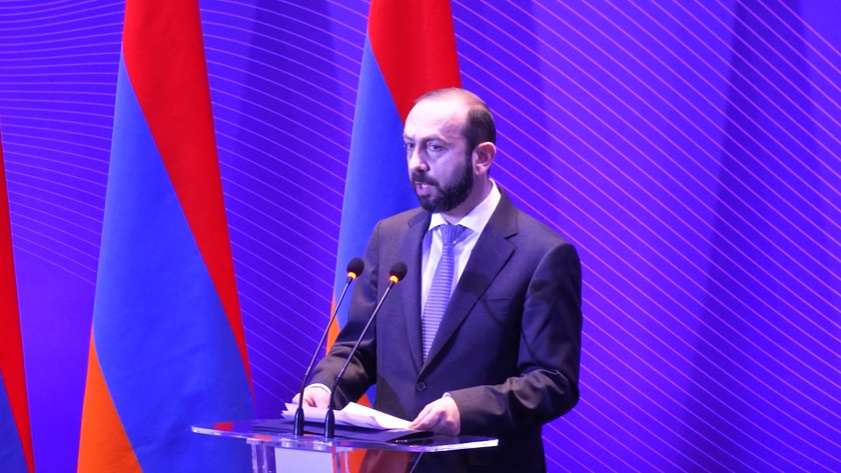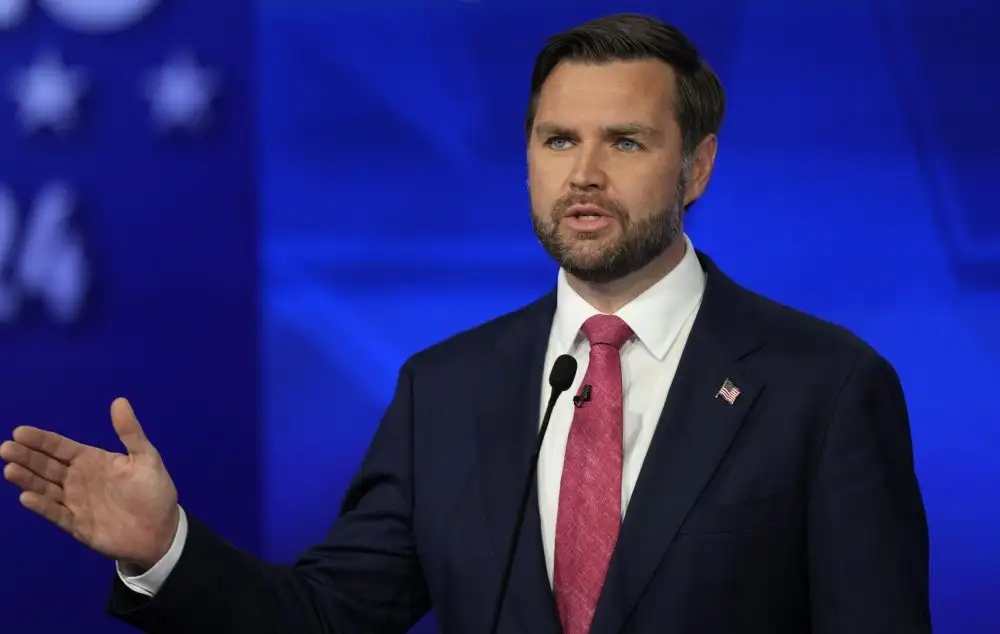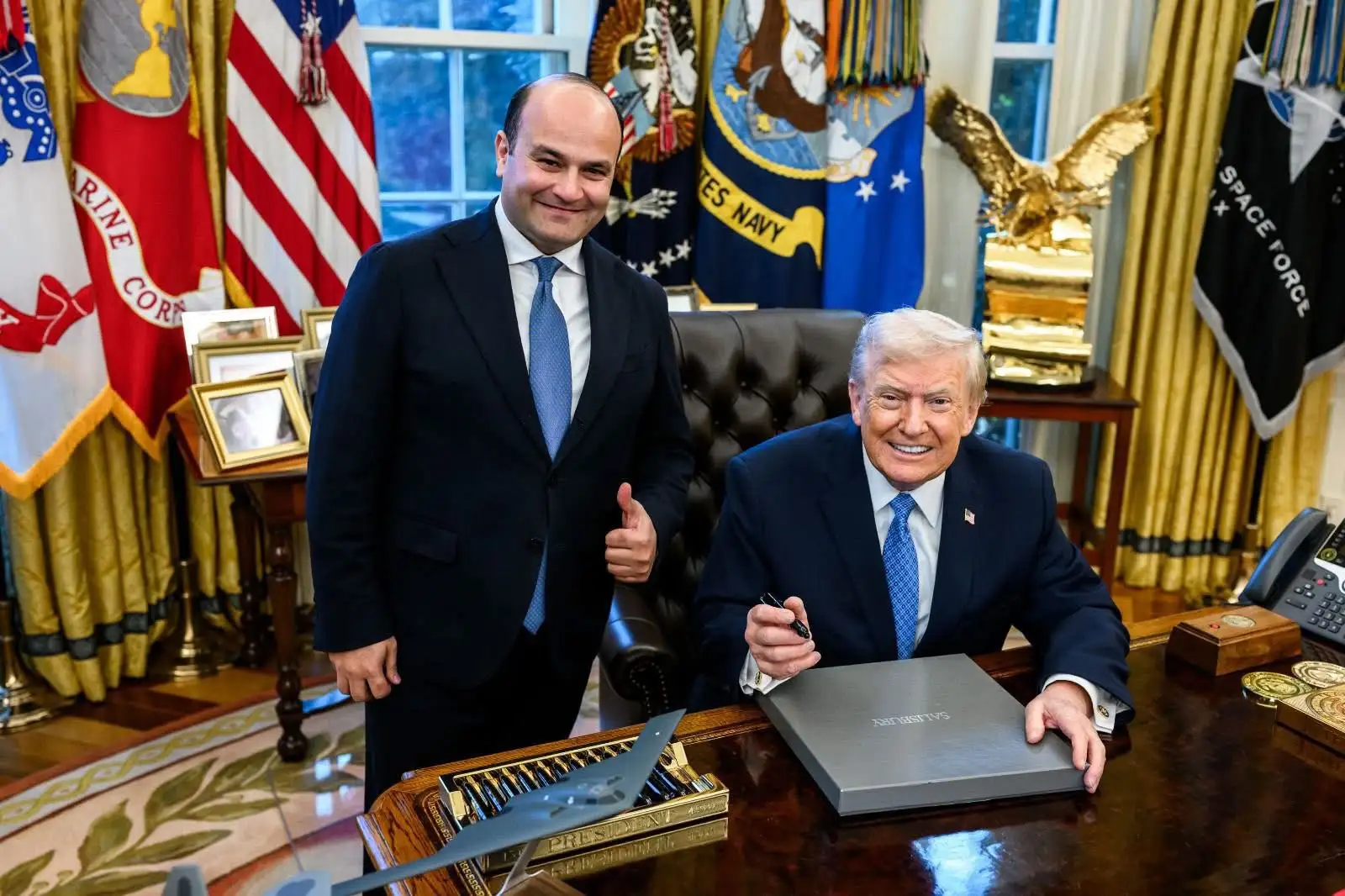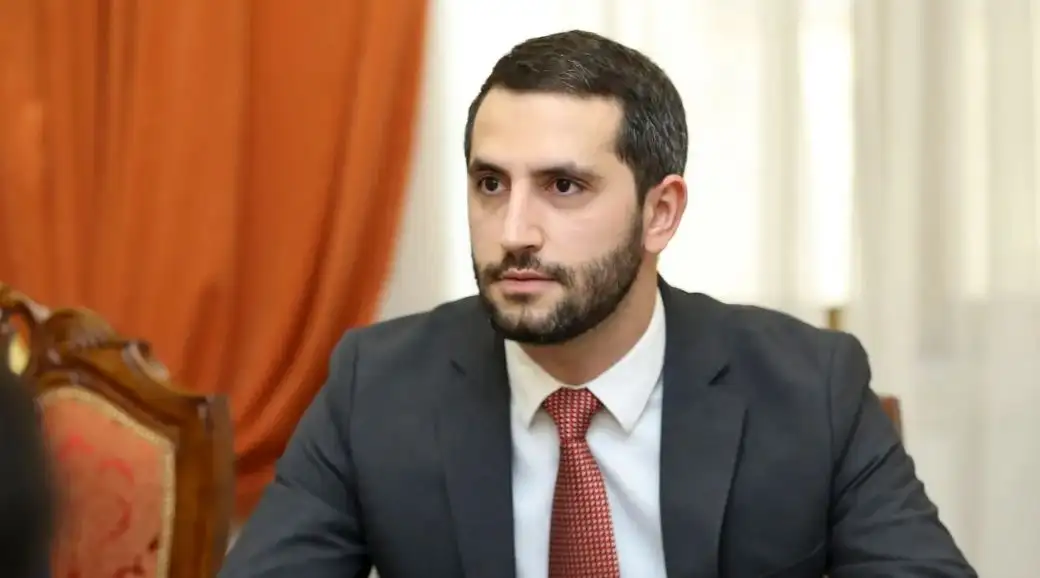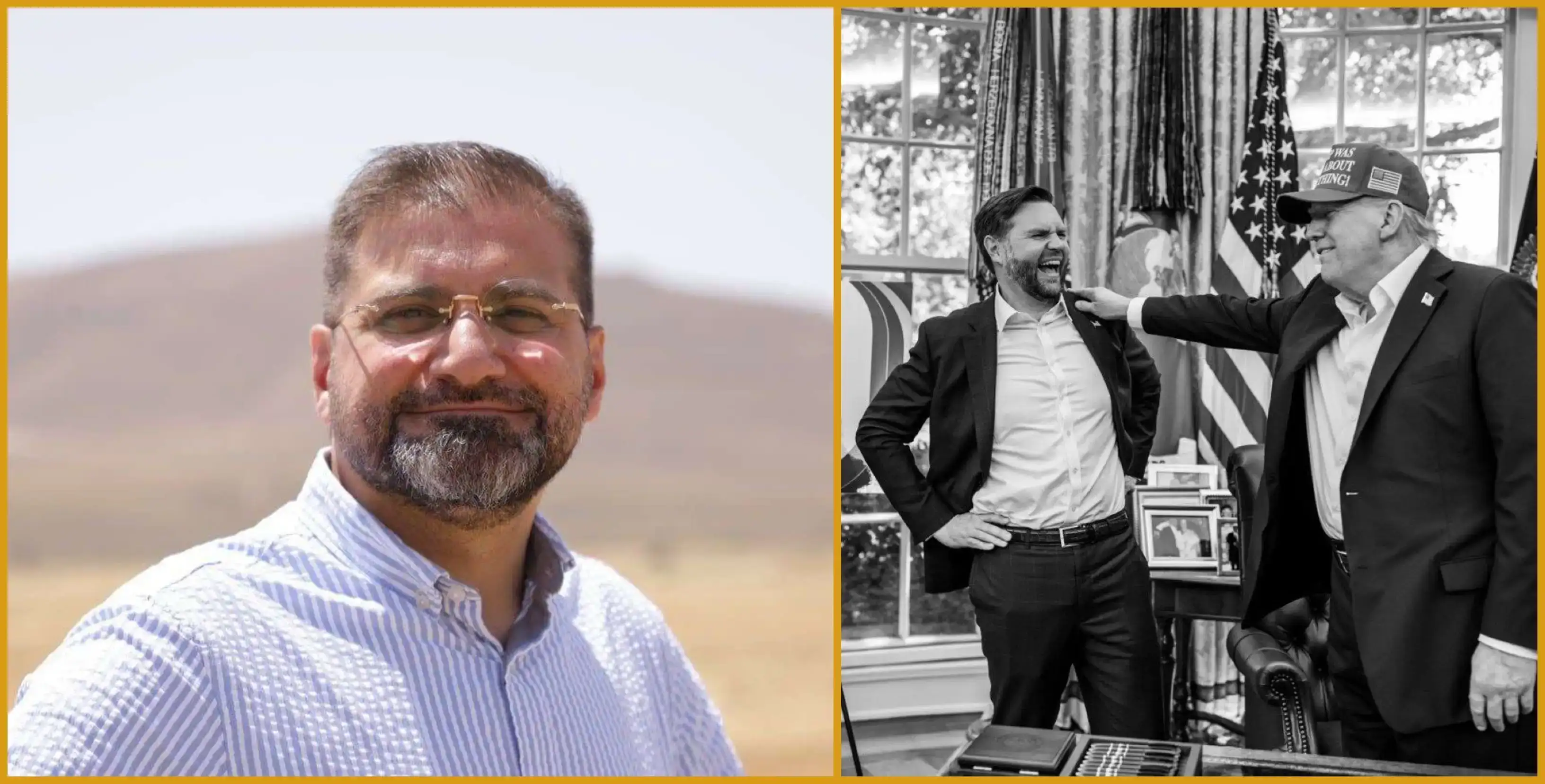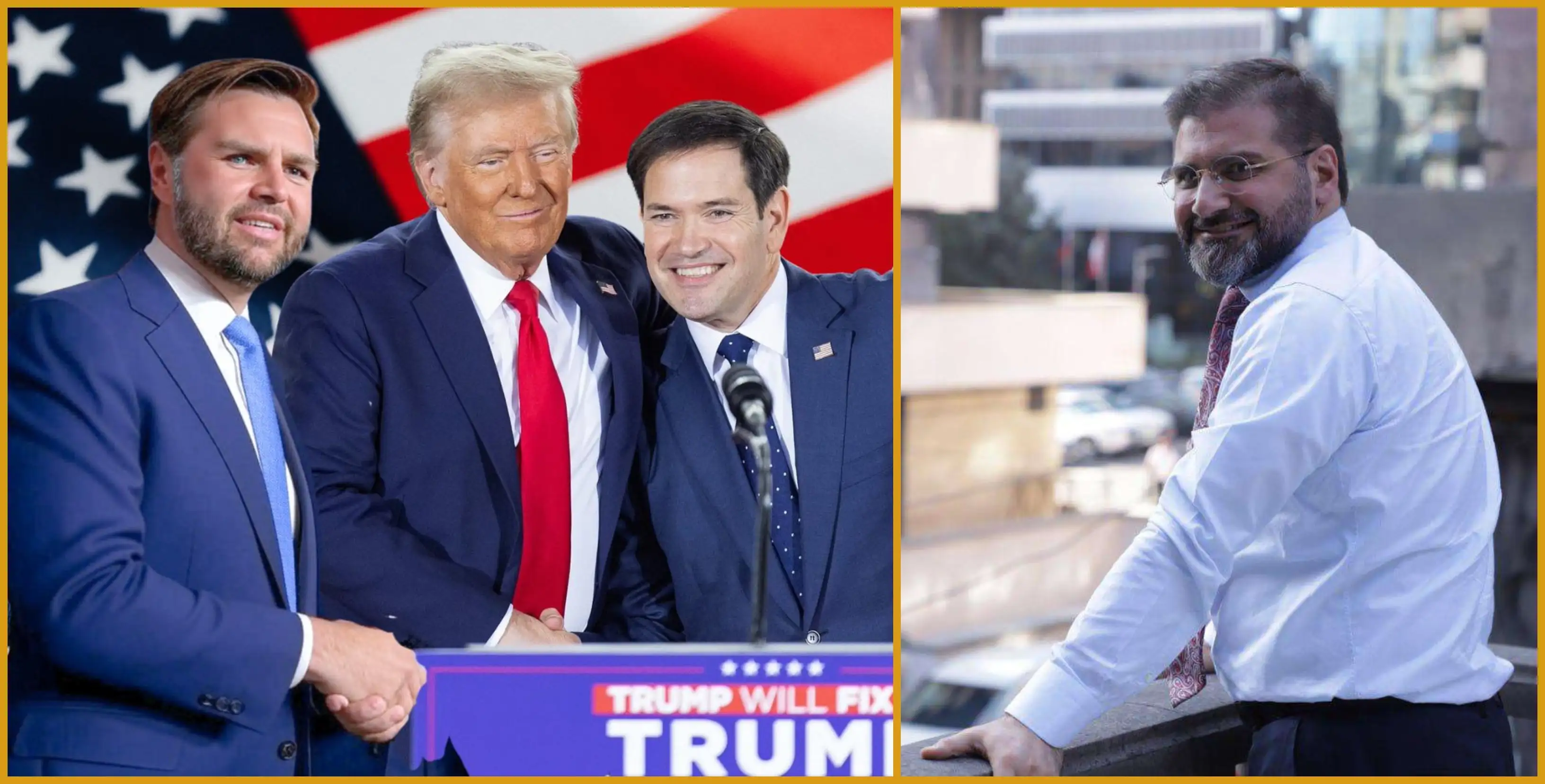Foreign Minister Ararat Mirzoyan gave a speech at the 5th Global Forum "Against the Crime of Genocide."
"For the fifth time, politicians, representatives of international structures, well-known scientists, judges, human rights activists, and representatives of civil society have come together in Yerevan to discuss the crimes of genocide.
I'm sure you also know that, in addition to hosting this forum, Armenia is also the author of the "Prevention of Genocide" resolution presented within the framework of the UN Human Rights Council. It was last adopted in March of this year, and one of its central topics was the early warning and prevention of genocide, ensuring early response.
During these years, essential additions to the resolution's content have always been made. While organizing the following global forum, there was never a lack of topics to be discussed. And this fact, no matter how strange it sounds, I do not record this as a positive fact. This fact is a painful reality. A reality that records the lack of effectiveness of our efforts as an international community or, if you want to be more honest, our collective inability to prevent the crimes against humanity and genocides taking place in the world.
Even days ago, on December 9, the International Day of Remembrance of the Victims of Genocide and the Prevention of that Crime, even three days before that, even three days after that, today, in different corners of the world and especially in armed conflict zones, we are witnessing genocidal acts, manifestations, impulses that speak of new crimes against humanity.
Unfortunately, the international community is starting to talk more and pay attention to genocides and other mass crimes when they are already facts. In our region, we witnessed this not only in the case of the Armenian Genocide about 110 years ago but also last year, when it seemed to the world that enough risk factors were visible that could lead to irreversible consequences.
Unfortunately, we could not prevent it, and today, we are witnessing the irreversible consequences. This is one of the most significant of the mentioned risk factors, which eventually turned hate speech into a crime.
The example I gave regarding the Armenians extends to the circumstances and reasons for the execution of all other genocides and mass crimes because the foundations, impulses, and risk factors of this crime are the same.
The prevailing situation in the world and the dangerous trends of genocidal risks should force us to find more effective ways to save people's lives; the heavy bureaucratic machine should become more sensitive and flexible, not only in terms of providing a response effectively but also in terms of treating everyone equally.
Ensuring the protection of national, racial, and ethnic groups should continue to be the focus of the international human rights system. At the same time, it is clear that the only guarantee of success in this regard is close international cooperation, including UN structures, regional organizations, member states, and non-governmental organizations, as well as between other actors. Ensuring this cooperation has long been a shared responsibility, in which both UNSC members involved in the decision-making process and prominent regional actors impact the situation on the ground, and often, small states take a pioneering role in promoting the prevention agenda. In this context, the themes chosen for this year's forum, dedicated to the early identification of risks and improving early prevention mechanisms through the cooperation of all stakeholders, are more than timely.
Dear colleagues,
I ask you to take my remarks at the beginning of my speech as a call to unite all of us in will, knowledge, and maturity to fight for the prevention of genocides. Solidarity is the only way to overcome the chain of despair and fight to restore the world order with rights.
I want to end my speech with an essential provision of the "Prevention of Genocide" resolution.
"All peoples have their contribution to the diversity and enrichment of civilizations and cultures, which is the common heritage of humanity."
I wish the forum participants interesting discussions and practical work," he said in his speech.




